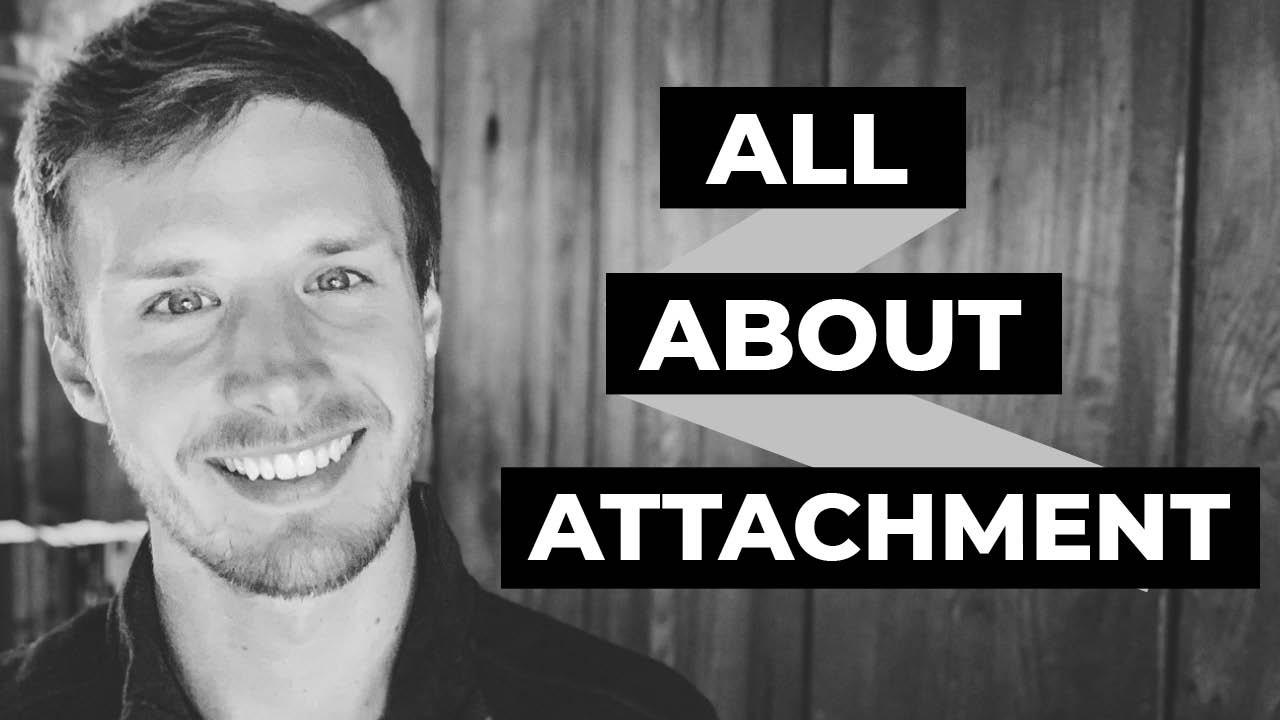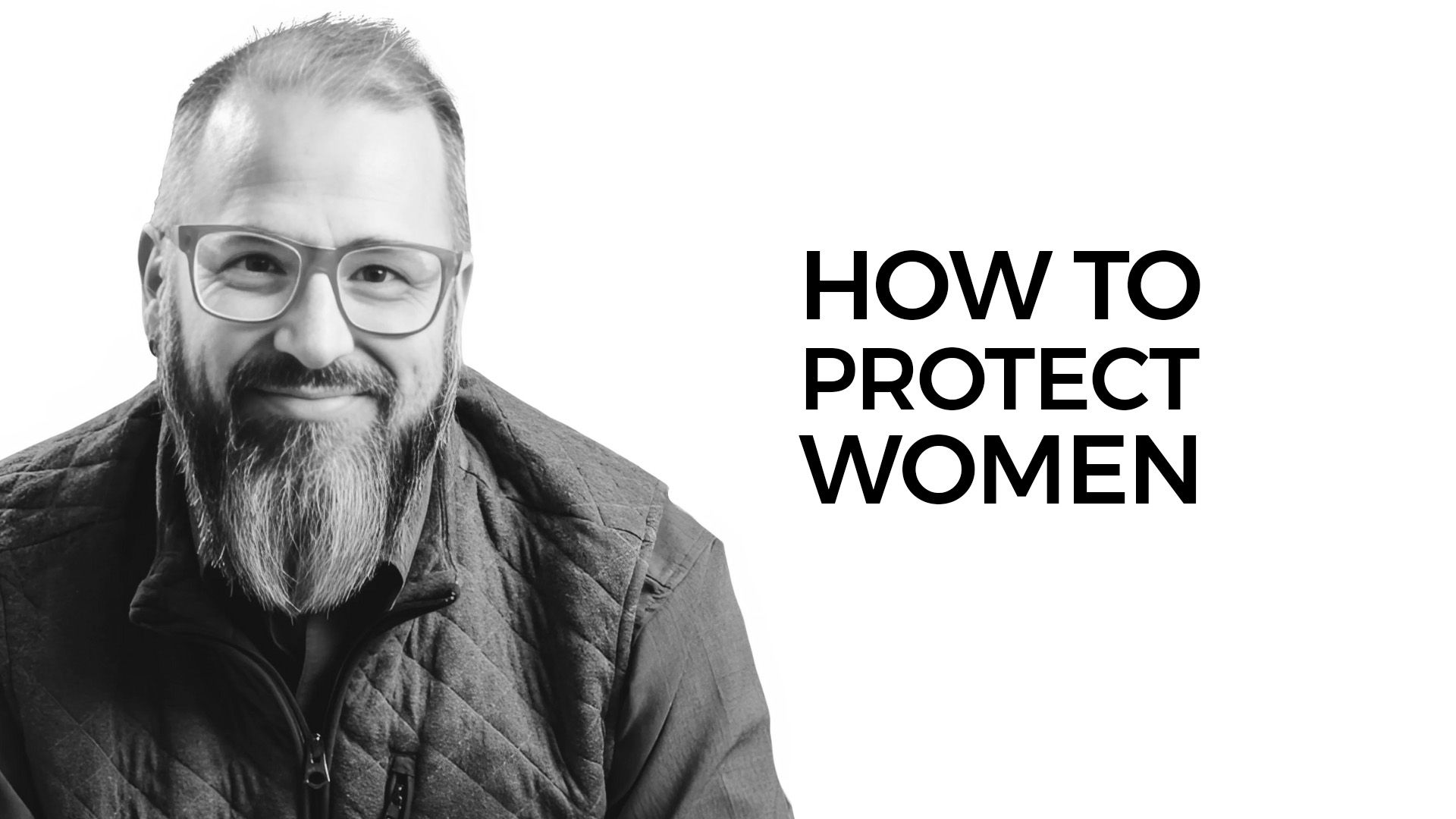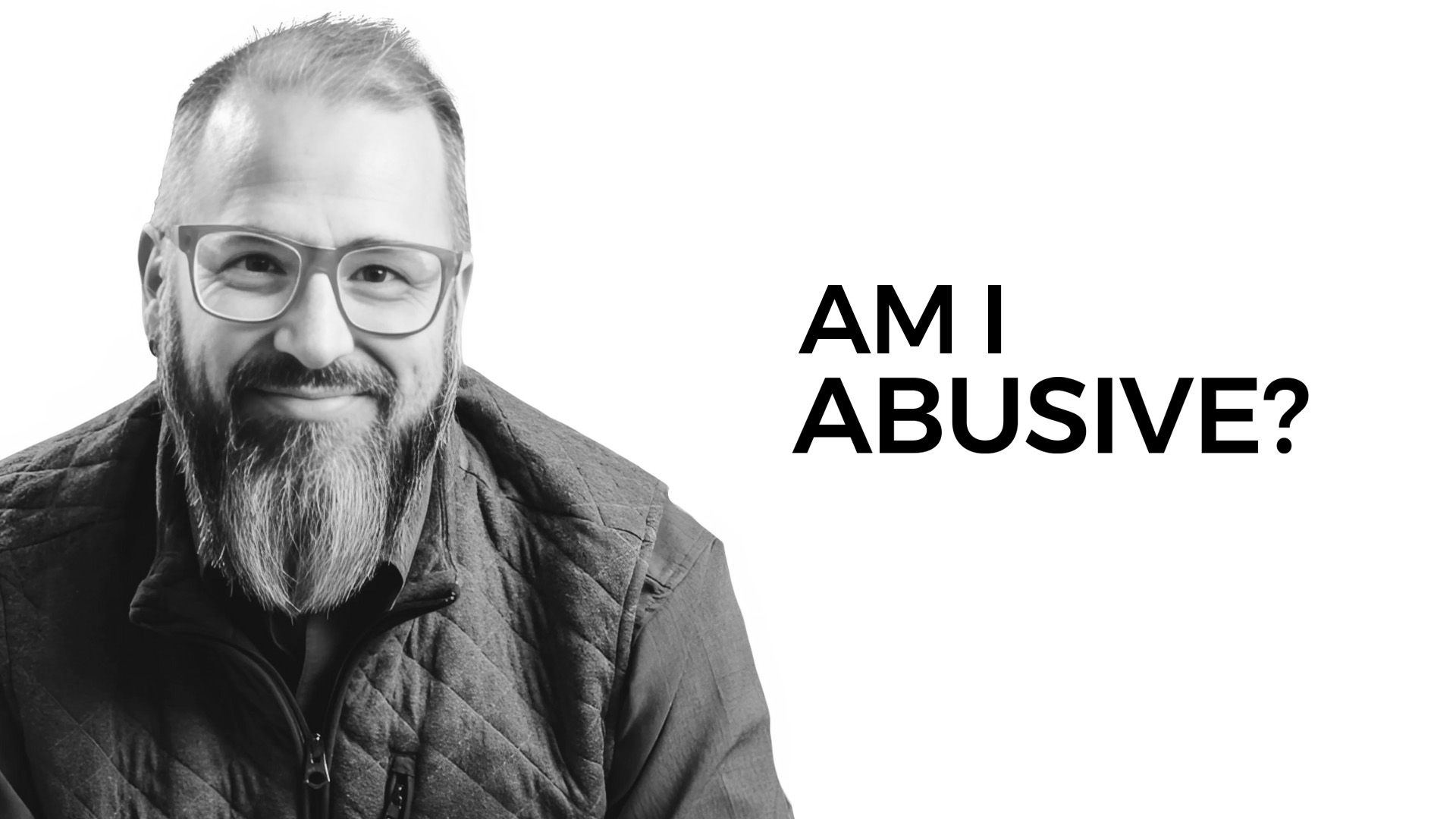What's Your Attachment Style?
Apr 19, 2020
ADAM YOUNG'S ATTACHMENT WORKSHEET
Today we are talking about attachment.
Attachment is a fancy word the way we relate to others, which was forged when we were tiny little babies.
In your first two years of life with your mother or your primary caregiver, your attachment style was solidified. Attachment affects us for the rest of our lives, and especially those of us who struggle with pornography.
Why are we talking about attachment?
Because as counselor Adam Young says:
"As infants, our emotions were regulated for us by
nonverbal communication from our mothers and primary caregivers."
In other words, what determines your ability to manage your feelings and impulses from when you're a little baby? Attachment.
Your parents did it for you, and as you grew up, you learned (or didn't learn) to manage those feelings and impulses yourself.
So if you want to achieve sexual self-control (learn how to manage your feelings and impulses to regulate your body and brain), you have to learn how to attach in a healthy way.
We are wired for attachment.
When you understand your attachment style, it unlocks new levels of freedom from porn that you may have never experienced before.
There are Four Styles of Attachment:
- Secure
- Ambivalent
- Avoidant
- Disorganized
They depend on two things. Connection and Consistency.
If you have a secure attachment, when you were a kid, you had a high level of connection and consistency with your parents .
In other words, they were attuned to your heart. They responded to your needs. They were able to mirror your actions and when there was a rupture, they repaired it.
When there was conflict, they dealt with it. They made sure to make things better again, and this was consistent. This was predictable. You could count on it. You could depend on it so that when you experienced pain, disappointment, failure, and loneliness, you knew that the attachment was secure and you were going to be okay.
This allowed you to properly develop the individual ability to manage feelings and impulses.
If you were like me and you didn't experience a secure attachment, maybe your attachment style was more ambivalent, which means there is a high level of connection, but a low level of consistency.
In ambivalent attachment, your mom or your primary caregiver was sometimes paying attention to you and caring for you, and sometimes more preoccupied with her own needs.
So you learned that if you were going to get love, touch, intimacy and affection, you had to do something to get it. You had to try to re-establish the connection in whatever way you could. So you tried to "read mom" and respond to her needs and then maybe you could get the relationship reestablished.
If you grew up with an ambivalent attachment style, you are going to be a little bit more clingy in relationships: always feeling like "We could be closer" or "I don't know if I'm reading this person right. I don't know if they're mad at me, so let me try to make them like me again."
In ambivalent attachment, you long for that intimacy and closeness to the point that when you look at pornography, it is going to offer you what you've been craving. That consistent connection, that secure attachment...or at least it's going to offer you the illusion of it.
In avoidant attachment, it's flipped. Your parent offered you a high level of consistency but a low level of connection.
In other words, mom and dad were predictable. They were always consistent in the way they related to me, but there was a low level of connection. You never really felt known by them. You never really felt pursued by them, They didn't respond to your emotional needs, so you learned to meet those needs yourself.
If you are avoidantly attached, you won't be clingy in relationships. Instead, you'll tart distancing yourself if it feels "too close." In relationships, you will sometimes feel smothered. You will crave freedom and autonomy.
Life will feel safe and good when you're a little bit more separate from other people. As a result, pornography offers you a sexual outlet without the messiness and commitment of a real relationship.
So porn offers different things to your heart depending on your attachment style.
If you're ambivalent, it's going to offer you "closeness with consistency."
If you are avoidant, it's going to offer a way to meet sexual "needs" on your own.
The fourth style of attachment is hard to talk about. It's disorganized attachment.
You have a disorganized attachment if when you were a baby, your mom or dad was not only not attuning to you, not responding to your needs, but was also a source of terror. In other words, she scared you.
This creates a horrible dilemma because we are hard-wired to desire our parents and to run to them when life is hard. But what do we do when they are the thing that is hurting us?
In disorganized attachment, you have the desire both to approach the parent and to run away at the same time. This creates chaos. And that's why it's called disorganized.
If you're wondering why you might be drawn to people or experiences that hurt you or scares you, consider whether you might have a disorganized attachment.
The good news is that our brains can change and no matter what your attachment style is, it can be healed with what's called a corrective experience so that you can actually change your attachment style.
This is called an earned secure attachment. Earned security is not the attachment you were born into, but it's an attachment that was earned through building trust. When someone is able to connect with you, and when that connection is consistent, you can learn to trust other people and handle whatever life throws at you.
How do you develop that? With a corrective experience (that disproves the lies you believed as a result of your former attachment style).
This is why therapy or counseling or coaching can be so powerful: because the therapist or the counselor or the coach becomes a new attachment where you know this person is going to be connected to you consistently. Your interactions with this new source of security can enable you to manage your feelings and impulses in a whole new way and to soothe yourself when you get dysregulated.
Other people can be a part of your corrective attachment experiences, too: family, friends, and a significant other.
Not to mention God. God is the ultimate source of attachment. He created us for himself. He is always with us, always responding to our needs, always attuning to us. In an important way, God is the only one we can count on for completely consistent connection.
He says, "I am always with you even to the end of the age." (Matthew 28:20)
Ultimately, our longing for love, touch, intimacy, and affection can be found through God in the context of our relationships with other people.
So there is hope. Ultimately that hope is in Jesus: both through Christ himself and through the body of Christ.
My friend, secure attachment is available. With God through his people there are safe places in this world where you can open up and trust that people will respond to you with kindness on a consistent basis.
Through these corrective experiences, our brains can heal and our attachment style can become secure so that we can increasingly relate to people with without feeling smothered, and to remain separate as individuals even in close relationships.
That's a picture of what it means to become Husband Material.
To become a sexual adult.
That's my prayer for you.
If you want to learn more about attachment, check out the excellent Attachment Worksheet by Adam Young (host of The Place We Find Ourselves Podcast):
ADAM YOUNG'S ATTACHMENT WORKSHEET
376116






